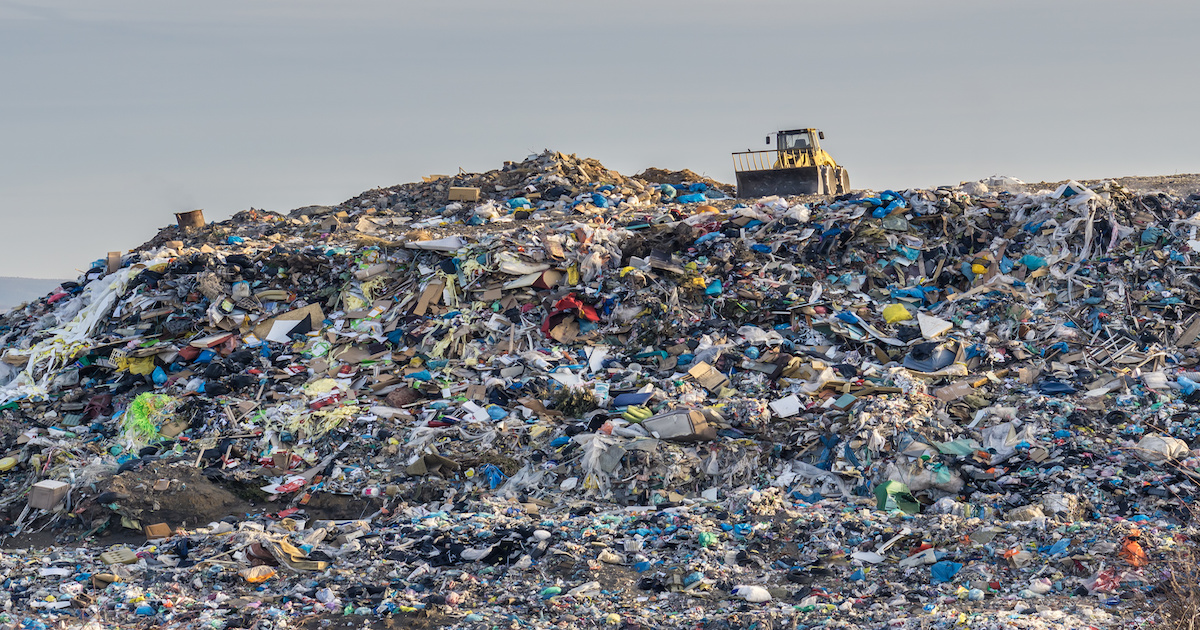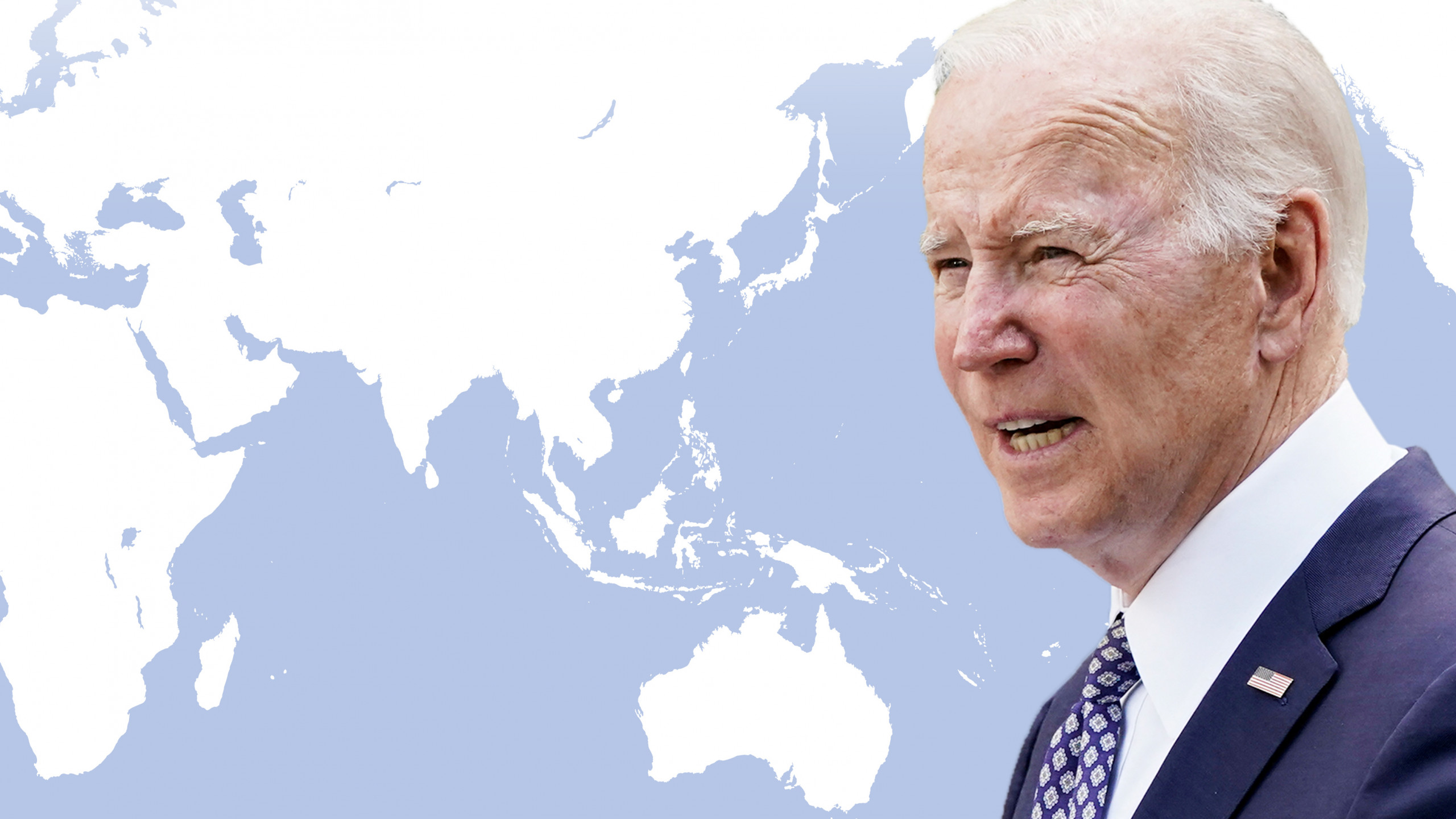By 2024, the UN and Asian countries want to achieve the first world treaty on the containment of plastic waste
80% of the world's plastic waste originates in the Asian continent and more than a third comes from the Philippines. To counter the phenomenon, the major plastic producers in Asia - from China to India, from Saudi Arabia to Japan - have participated, within the United Nations, in the drafting of a plan for the realization of the first world treaty on containment of plastic waste by 2024.
The agreement reached on March the 2nd by the UN Environment Program was defined as "a historical moment". Although the skeptics did not fail to underline the criticalities of this agreement. In fact, the treaty focuses mainly on the recycling of single-use plastics, but environmental experts continue to insist that, in order to have a significant impact, it is also necessary to deal with the limitation of the production of plastic products. A prospect that does not appeal to the governments of those nations with an economy based on the petrochemical industry.
The agreement, however, is more complex: the countries have agreed on a resolution that provides for the monitoring of plastic pollution along the entire production chain, from creation to disposal. Special attention will be paid to the Asian countries considered to be the main culprits for the dispersion of plastic waste in the environment, especially the Philippines. Malaysia, a favorite destination for many other nations for the disposal of plastics, will also be at the center of attention.
According to some experts, making the disposal process more expensive is the only way to incentivize nations to recycle. Not surprisingly, most plastic waste comes from Southeast Asian countries, where waste disposal policies are far too lax and concentrations of plastic end up mostly burned in landfills or, directly, in the oceans.
This situation, in addition to being harmful to the environment, also translates into a substantial economic loss. A series of studies conducted by the World Bank confirms that in Thailand, Malaysia and the Philippines over 75% of the material value of recyclable plastic - the equivalent of six billion dollars a year - is lost when used only once. According to the UN Environment Program, between 6 and 19 billion dollars a year are spent globally on cleaning up the dirt that results from plastic pollution.
A possible solution, advocated by experts, could be the creation of recycling centers at an international level, where plastic waste can be collected. Another area of interest, which the treaty should take into consideration, concerns the coordination of the strategy between different countries and regions, to smooth out the discrepancies in anti-pollution actions. Not to mention that the effects of pollution are manifested above all in the most backward geographical areas. This means that, even though this treaty has already been crowned "the greatest agreement since Paris," there is still a long way to go.






